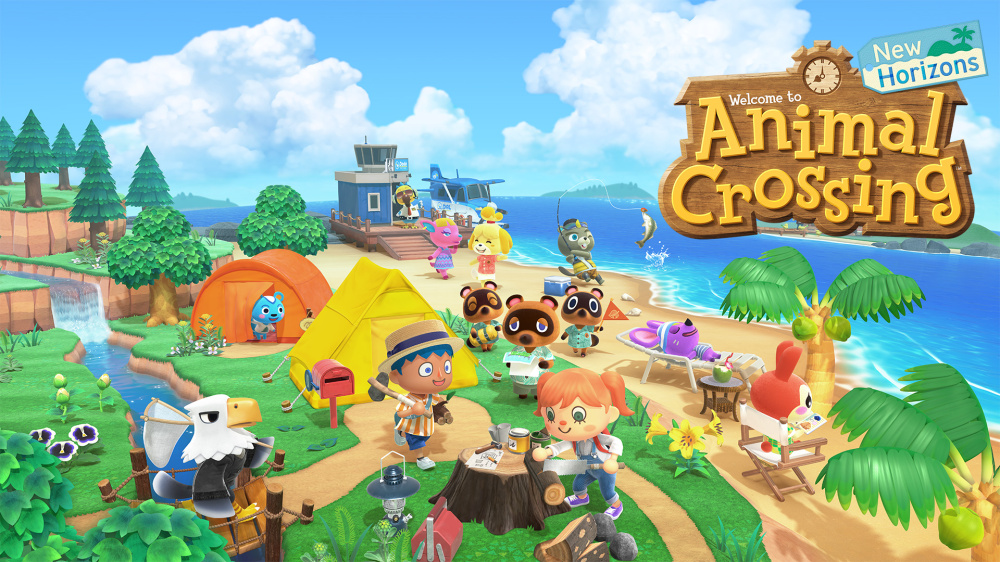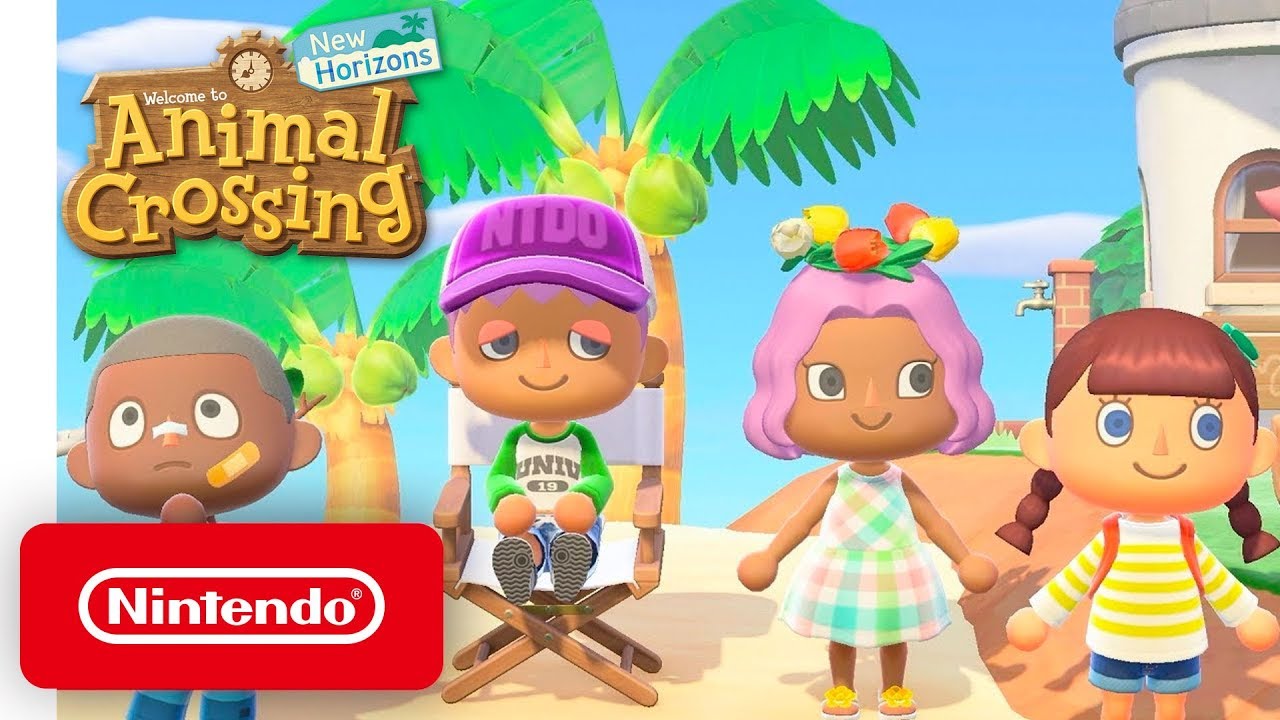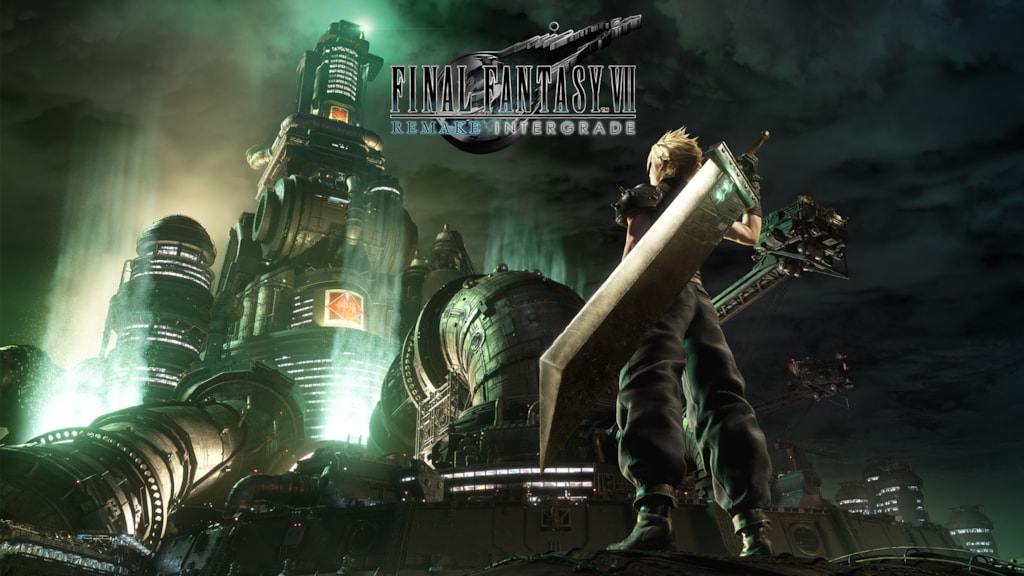Animal Crossing: How Nintendo Localized a Global Phenomenon from Dōbutsu no Mori to New Horizons Success
Since its debut, Animal Crossing has evolved into one of Nintendo’s most beloved and commercially successful franchises, capturing a diverse audience worldwide.
The latest entry, Animal Crossing: New Horizons, has solidified this legacy by selling over 45 million copies on the Nintendo Switch, setting franchise records and playing a significant role as a comforting escape during the global COVID-19 pandemic.
However, the transition from its original Japanese incarnation, Dōbutsu no Mori, to the global hit known as Animal Crossing was a complex journey marked by unique localization challenges. In a recent interview with Time Extension, former Nintendo localization manager Leslie Swan shed light on the arduous process of adapting Dōbutsu no Mori for Western audiences.
Swan revealed that the localization project required between six months to a year to complete, as the team navigated the intricacies of Japanese culture embedded within the original script.
One notable revelation was that 'Animal Acres' was among the early titles considered during localization, intended as a nod to the game's grid-based town layout.
Ultimately, Nintendo executives opted for 'Animal Crossing,' a name that would resonate more broadly. Swan recounted the moment legendary Nintendo executive Satoru Iwata, then head of the corporate planning division, learned of the localization endeavor.
According to Swan, Iwata responded with amusement, expressing both intrigue and skepticism at the complexity of adapting such a culturally specific game.
Iwata reportedly joked about the daunting nature of translating Dōbutsu no Mori, acknowledging the challenge of reproducing thousands of culturally nuanced lines and reimagining characters, catchphrases, and themes for Western players. Takashi Tezuka, the game’s producer, also forewarned the localization team of the task’s magnitude.
The adaptation was not merely a straightforward translation: it required renaming characters, creating new catchphrases, reinterpreting holidays, and ensuring the core spirit of community remained intact.
Swan recounted that, during a meeting with key developers, she explained their work on the English version, prompting laughter from Iwata and further highlighting the project's difficulty given its deep roots in Japanese customs and references. The tireless efforts of Swan and her team laid the foundation for Animal Crossing’s international appeal, making possible its enduring success across hardware platforms, from the GameCube debut to the current powerhouse performance on Nintendo Switch.
As New Horizons continues to achieve new sales milestones and engages global players via the Nintendo Direct and eShop, the story of its localization stands as a testament to the skill and creativity involved in bringing uniquely Japanese experiences to a worldwide audience. For readers interested in a deeper dive into the making of Animal Crossing, the full interview with Leslie Swan is available on Time Extension, offering further insights into the development and localization journey of this iconic franchise.
The latest entry, Animal Crossing: New Horizons, has solidified this legacy by selling over 45 million copies on the Nintendo Switch, setting franchise records and playing a significant role as a comforting escape during the global COVID-19 pandemic.
However, the transition from its original Japanese incarnation, Dōbutsu no Mori, to the global hit known as Animal Crossing was a complex journey marked by unique localization challenges. In a recent interview with Time Extension, former Nintendo localization manager Leslie Swan shed light on the arduous process of adapting Dōbutsu no Mori for Western audiences.
Swan revealed that the localization project required between six months to a year to complete, as the team navigated the intricacies of Japanese culture embedded within the original script.
One notable revelation was that 'Animal Acres' was among the early titles considered during localization, intended as a nod to the game's grid-based town layout.
Ultimately, Nintendo executives opted for 'Animal Crossing,' a name that would resonate more broadly. Swan recounted the moment legendary Nintendo executive Satoru Iwata, then head of the corporate planning division, learned of the localization endeavor.
According to Swan, Iwata responded with amusement, expressing both intrigue and skepticism at the complexity of adapting such a culturally specific game.
Iwata reportedly joked about the daunting nature of translating Dōbutsu no Mori, acknowledging the challenge of reproducing thousands of culturally nuanced lines and reimagining characters, catchphrases, and themes for Western players. Takashi Tezuka, the game’s producer, also forewarned the localization team of the task’s magnitude.
The adaptation was not merely a straightforward translation: it required renaming characters, creating new catchphrases, reinterpreting holidays, and ensuring the core spirit of community remained intact.
Swan recounted that, during a meeting with key developers, she explained their work on the English version, prompting laughter from Iwata and further highlighting the project's difficulty given its deep roots in Japanese customs and references. The tireless efforts of Swan and her team laid the foundation for Animal Crossing’s international appeal, making possible its enduring success across hardware platforms, from the GameCube debut to the current powerhouse performance on Nintendo Switch.
As New Horizons continues to achieve new sales milestones and engages global players via the Nintendo Direct and eShop, the story of its localization stands as a testament to the skill and creativity involved in bringing uniquely Japanese experiences to a worldwide audience. For readers interested in a deeper dive into the making of Animal Crossing, the full interview with Leslie Swan is available on Time Extension, offering further insights into the development and localization journey of this iconic franchise.






